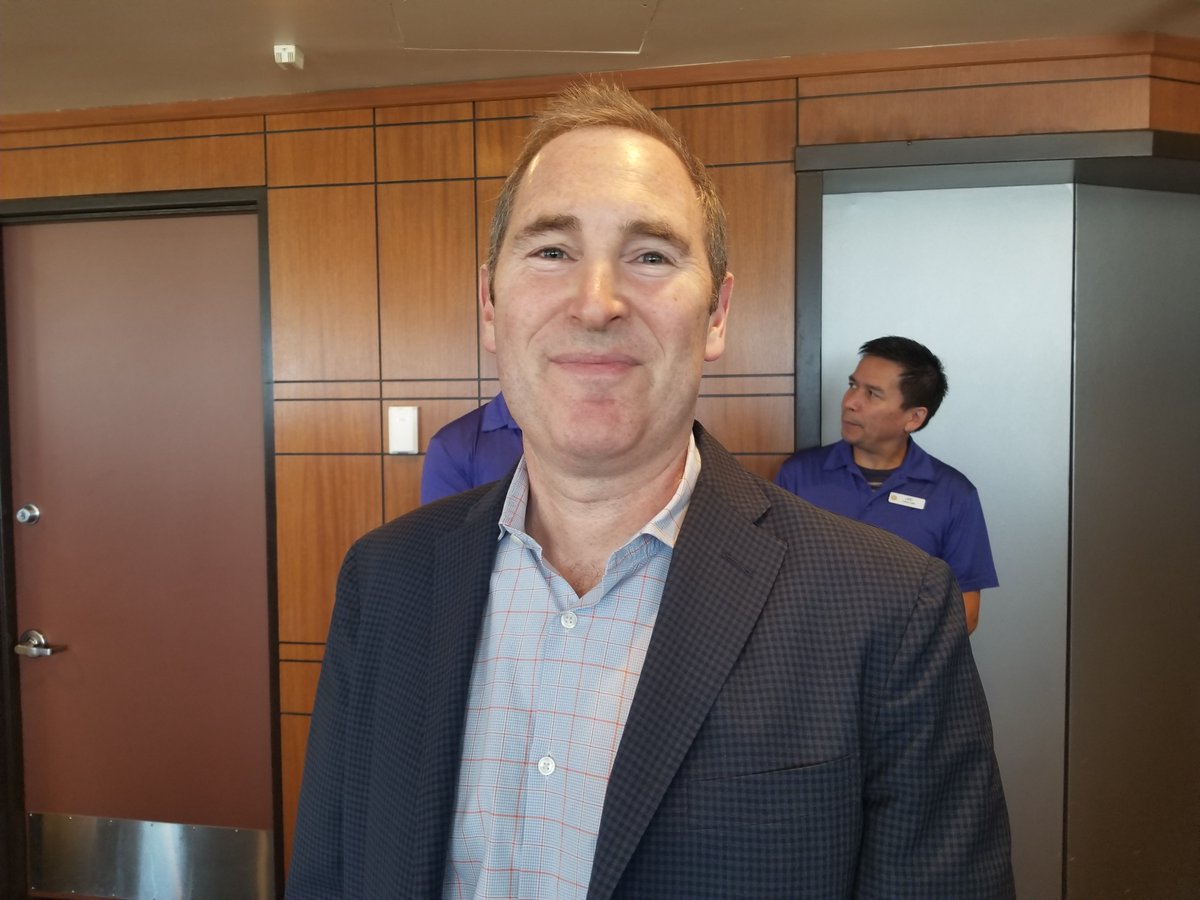
In a do-or-die meeting to discuss his failing video game, a young founder decided to scrap almost everything he’d been working on and try something new.
Yesterday, news broke that big tech co's are now trying to buy his company for $10B+
Here’s what happened in that meeting🧶👇
Yesterday, news broke that big tech co's are now trying to buy his company for $10B+
Here’s what happened in that meeting🧶👇
1) Jason Citron learned to code solely because he wanted to make video games. From a young age, he was obsessed.
“I was playing a lot of Warcraft online, dabbled in MMOs a little bit, Everquest”
“I was playing a lot of Warcraft online, dabbled in MMOs a little bit, Everquest”

2) He almost didn’t graduate college because of how much time he’d spend playing World of Warcraft.
That obsessive hobby transitioned into a career.
That obsessive hobby transitioned into a career.
3) After working as a game developer for a few years, Jason ventured out to build his own game.
The first one he released had moderate success.
Through iterating, he eventually created OpenFeint - an SDK for mobile devs to integrate social experiences inside their game.
The first one he released had moderate success.
Through iterating, he eventually created OpenFeint - an SDK for mobile devs to integrate social experiences inside their game.

4) Just two years after OpenFeint’s launch, Jason sold the company to Japanese game maker GREE for $104M.
Though most would retire having achieved that level of success, Jason wasn’t done.
Though most would retire having achieved that level of success, Jason wasn’t done.
5) He wanted to fulfill his dream of creating a hit video game.
So in 2012, Jason launched Hammer & Chisel
"with the idea of building a new kind of gaming company, more around tablets and core multiplayer games."
So in 2012, Jason launched Hammer & Chisel
"with the idea of building a new kind of gaming company, more around tablets and core multiplayer games."
6) Hammer & Chisel released their first game shortly after: Fates Forever.
Fates Forever was a MOBA (multiplayer online battle arena) game, designed exclusively for tablets.
Fates Forever was a MOBA (multiplayer online battle arena) game, designed exclusively for tablets.

7) Uniquely, Jason and his team built voice and text chat right into the game, so players could talk to each other while gaming.
After the launch, Jason listened closely to users to hear their experience.
After the launch, Jason listened closely to users to hear their experience.
8) Some adored the game and then next-gen mobile control interface.
But there was criticism to match.
Gamers constantly complained about the game’s map being too simple, underdeveloped hereos, unbalanced matchmaking, and more.
But there was criticism to match.
Gamers constantly complained about the game’s map being too simple, underdeveloped hereos, unbalanced matchmaking, and more.
9) In a meeting with the rest of his team, including co-founder & CTO Stan Vishnevskiy, Jason had to decide the future of Hammer & Chisel.
One thing was clear, the game wasn’t working.
One thing was clear, the game wasn’t working.

10) Among the many options of pivoting to focus on mobile phone games (instead of tablet), or going to desktop, another idea came up. Their comms system.
Players were giving consistently positive feedback for the in-game voice chat.
Players were giving consistently positive feedback for the in-game voice chat.
11) There were existing players in this space:
Skype
Ventrillo
Teamspeak
Mumble
And more.
But as they kept discussing, the team realized those all had something in common: everyone hated them.
Skype
Ventrillo
Teamspeak
Mumble
And more.
But as they kept discussing, the team realized those all had something in common: everyone hated them.
12) Gamers endlessly complained about their quality and ease-of-use.
Even with a crowded market, Jason decided they were going to go all in:
They were going to build the best experience for players to hang out and chat with their friends - while gaming.
Even with a crowded market, Jason decided they were going to go all in:
They were going to build the best experience for players to hang out and chat with their friends - while gaming.
13) Hammer & Chisel shut down its game dev team, and in turn laid off a third of the company.
Over the next 6 months, Jason steered the ship as they pivoted fully towards their new future, and they named it Discord.
Over the next 6 months, Jason steered the ship as they pivoted fully towards their new future, and they named it Discord.

14) Fast forward almost 6 years, Discord has not only carved out a place on the internet for gamers, but also for students, artists, and people from all communities to be together.
Jason and his team have built a virtual home for anyone and everyone.
Jason and his team have built a virtual home for anyone and everyone.
15) Yesterday, news broke that Discord was receiving acquisition interest from Microsoft and other big tech giants for a purchase price of $10B+
16) Jason tried to build a video game, twice.
Each time he tried, he ended up finding something inside his game that was more powerful than the game itself.
Whatever ends up happening, one thing is certain.
Jason’s not done.
Each time he tried, he ended up finding something inside his game that was more powerful than the game itself.
Whatever ends up happening, one thing is certain.
Jason’s not done.

• • •
Missing some Tweet in this thread? You can try to
force a refresh








